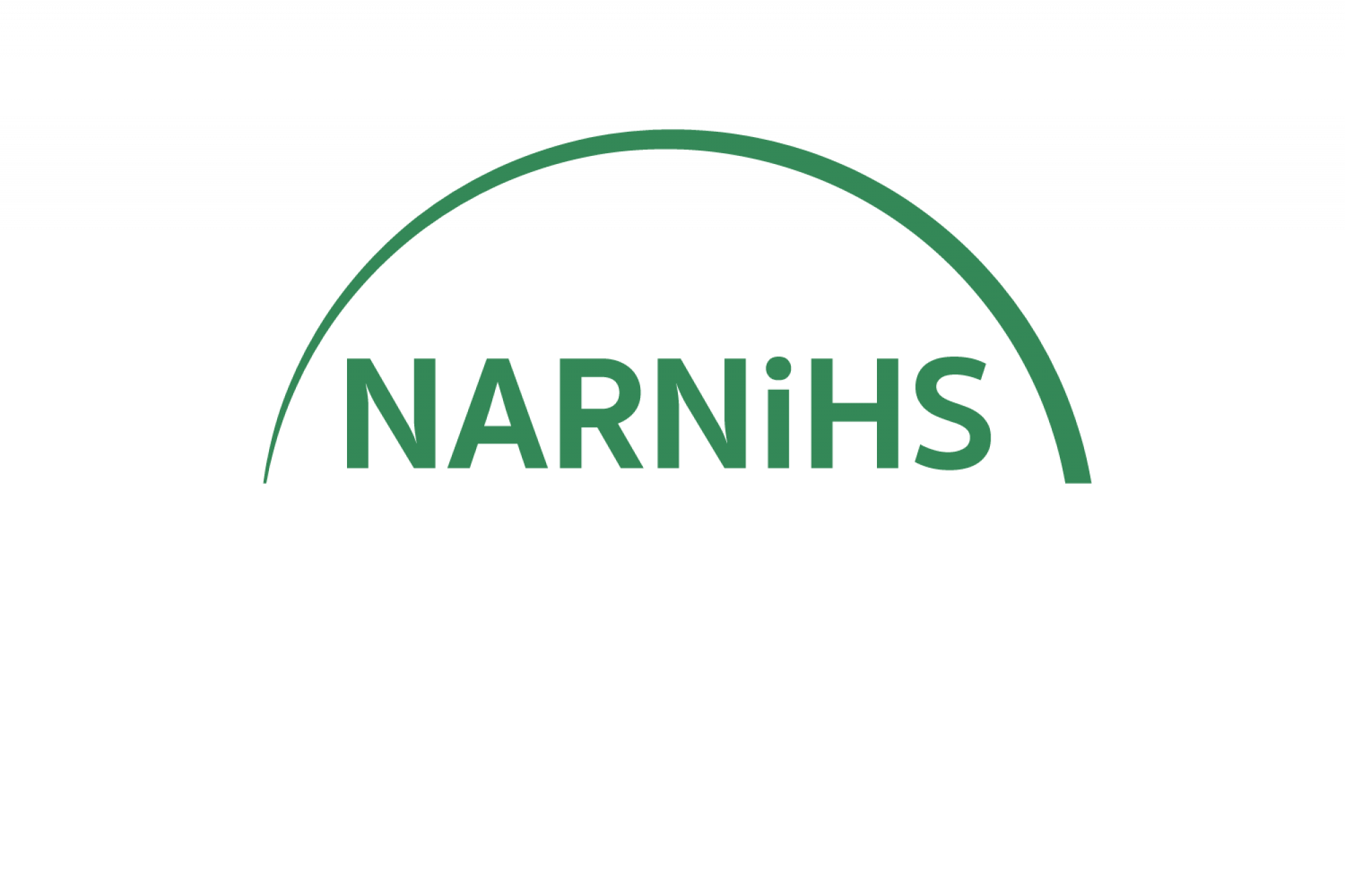2023 NARNiHS Research Incubator
North American Research Network in Historical Sociolinguistics
5th edition
20-22 April 2023 – entirely online!
The 2023 NARNiHS Research Incubator will take place as an entirely online event (with free registration). This presents a great opportunity for scholars in historical sociolinguistics from all over the world to participate as presenters and/or attendees without the limitations imposed by international travel, and we encourage our fellow historical sociolinguists, and scholars from related fields, from our global scholarly community (in addition to North America), to join us online for our Research Incubator this spring.
EXTENDED Abstract submission deadline: 15 January 2023, 11:59 PM (U.S. Eastern Time)
Abstract submission online: http://linguistlist.org/easyabs/NARNiHS2023_RI
The North American Research Network in Historical Sociolinguistics (NARNiHS) is accepting abstracts for its 2023 NARNiHS Research Incubator. Building on the great success of the first four years, the 5th edition of this unique kind of NARNiHS conference seeks to provide a collaborative environment where presenters bring work that is in-progress, exploratory, proof-of-concept, prototyping; and the audience actively participates in the brainstorming and workshopping of those new ideas. We see the NARNiHS Research Incubator as a place for testing/pushing boundaries; developing new theories, methods, models, tools; seeking feedback from peers willing to engage in productive assessment of fledgling ideas and nascent projects. Successful abstracts for this research incubator environment will demonstrate thorough grounding in the field, scientific rigor in the formulation of research questions, and promise for rich discussion of ideas.
NARNiHS welcomes papers in all areas of historical sociolinguistics, which is understood as the application/development of sociolinguistic theories, methods, and models for the study of historical language variation and change over time, or more broadly, the study of the interaction of language and society in historical periods and from historical perspectives. Thus, a wide range of linguistic areas, subdisciplines, and methodologies easily find their place within the field, and we encourage submission of abstracts that reflect this broad scope.
We are soliciting abstracts for 25-minute presentations. Presenters will have the entire 25 minutes for their presentations, with discussion happening in the “incubation session” at the end of each panel. Abstracts should be no more than one page (not including examples and references, see below). Abstracts will be accepted until 19 December 2022 – late abstracts will not be considered.
Successful abstracts will be explicit about which theoretical frameworks, methodological protocols, and analytical strategies are being applied or critiqued; and data sources and examples should be sufficiently (if briefly) presented, so as to allow reviewers a full understanding of the scope and claims of the research. Please note that the connection of your research to the field of historical sociolinguistics should be explicitly outlined in your abstract. Failure to adhere to these criteria will likely result in non-acceptance.
To encourage maximum exchange of ideas in the brainstorming/workshopping environment of the NARNiHS Research Incubator, presentations will be grouped into thematic panels of three presentations, each panel followed by an hour-long discussion with the audience led by specialists. Discussion will encompass specific feedback on the individual papers as well as consideration of overarching questions of theory, methods, and models emerging from the papers. To facilitate such discussion, authors will be required to submit a draft of their presentation materials for distribution to the panel discussants and to the other presenters 10 days prior to the start of the conference.
General Requirements:
1) Abstracts must be submitted electronically, using the following link: http://linguistlist.org/easyabs/NARNiHS2023_RI
2) Papers must be delivered as projected in the abstract or represent bona fide developments of the same research.
3) Authors are expected to virtually attend the conference and present their own papers.
4) Presentations will be delivered via a video-conferencing platform, most likely Zoom. Technical details and instructions regarding the platform for our NARNiHS Research Incubator will be sent to authors in due time.
Content Requirements:
1) Abstracts should be explicit about which theoretical frameworks, methodological protocols, and analytical strategies are being applied or critiqued.
2) Data sources and examples should be sufficiently (if briefly) presented, so as to allow reviewers a full understanding of the scope and claims of the research.
3) The connection of your research to the field of historical sociolinguistics should be explicitly outlined.
Abstract Format Guidelines:
1) Abstracts must be submitted in PDF format.
2) Abstracts must fit on one standard 8.5×11 inch page, with margins no smaller than 1 inch and a font style and size no smaller than Times New Roman 12 point. All additional content (visualizations, trees, tables, figures, captions, examples, and references) must fit on a single (1) additional page. No exceptions to these requirements are allowed.
3) Anonymize your abstract. We realize that sometimes it is not possible to attain complete anonymity, but there is a difference between “inability to anonymize completely” (due to the nature of the research) and “careless non-anonymizing” (for example: “In Jones 2021, I describe…”). In addition, be sure to anonymize your PDF file (you may do so in Adobe Acrobat Reader by clicking on “File”, then “Properties”, removing your name if it appears in the “Author” line of the “Description” tab, and re-saving before submitting it). Please be aware that abstract file names might not be automatically anonymized by the system; do not use your name (e.g. Smith_Abstract.pdf) when saving your abstract in PDF format, rather, use non-identifying information (e.g. HistSoc4Lyfe_NARNiHS.pdf). Your name should only appear in the online form accompanying your abstract submission. Papers that are not sufficiently anonymized wherever possible (whether in the text of the abstract or in the metadata of the digital file) risk being rejected.
Please contact us at NARNiHistSoc@gmail.com with any questions.
